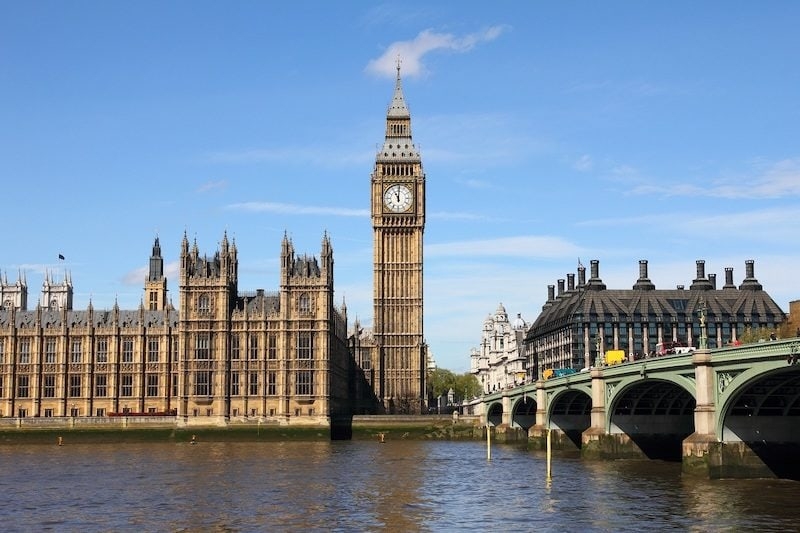
House of Lords Committee casts doubt on benefits of UK retail CBDC
Ellie Duncan | News
13 Jan 2022
A House of Lords Committee inquiry into the creation of a UK central bank digital currency (CBDC) has concluded that there is “no convincing case” and warned of the “far-reaching consequences” for households and the monetary system if one were to be introduced.
In its report, ‘Central bank digital currencies: a solution in search of a problem?’, the Economic Affairs Committee found that while a “digital pound” may provide some advantages, it could present significant challenges for financial stability and the protection of privacy.
The Committee said that if a CBDC were to be introduced in the UK and was used to make everyday payments, then without safeguards in place, such as limits on the amount of CBDC individuals can hold, “financial instability could be exacerbated during periods of economic stress as people seek to replace bank deposits with CBDC which may be perceived as safer”.
Lord Forsyth of Drumlean, chair of the House of Lords Economic Affairs Committee, said: “The introduction of a UK central bank digital currency would have far-reaching consequences for households, businesses, and the monetary system.
“We found the potential benefits of a digital pound, as set out by the Bank of England, to be overstated or achievable through less risky alternatives.”
The report also suggested that any CBDC system could not support anonymous transactions, given the need to prevent the use of CBDCs in large-scale criminal activity and that this might raise concerns among consumers about state surveillance.
The Economic Affairs Committee warned that the Bank of England (BoE) risks being drawn into “controversial debates” about privacy.
The creation of these groups was announced in April 2021, alongside the CBDC Taskforce, which is coordinating the exploration of a potential UK CBDC.
In its report, the committee recommended that the Joint Taskforce publishes its assessment of the potential for monetary policy via a CBDC in its 2022 consultation to assist in the scrutiny of any changes to the BoE monetary policy toolkit.
The UK Government is yet to decide whether to introduce this form of central bank electronic money.
Lord Forsyth added: “We took evidence from a variety of witnesses and none of them were able to give us a compelling reason for why the UK needed a central bank digital currency. The concept seems to present a lot of risk for very little reward.
“We concluded that the idea was a solution in search of a problem.”
Wholesale CBDC
However, the Committee did conclude that the UK may benefit from a wholesale CBDC to “further enhance efficiency in securities trading and settlement”, although it suggested that this would require more “exploration and experimentation”.
On that basis, it has recommended that the Joint Taskforce consults on the use case for a wholesale CBDC alongside its 2022 retail CBDC consultation.
To register your interest in the Open Banking Expo ‘Central Bank Digital Currencies: from concept to reality’ virtual event taking place on 10 March 2022, click here.









